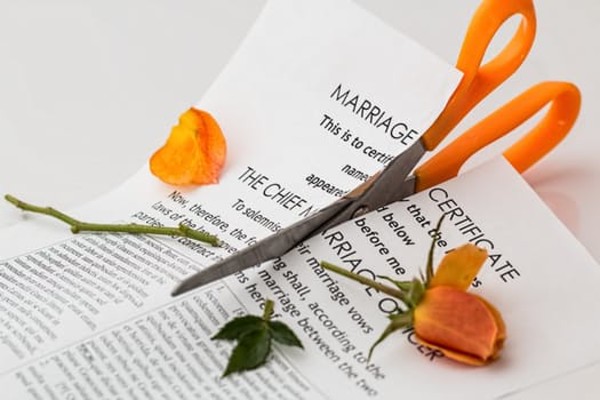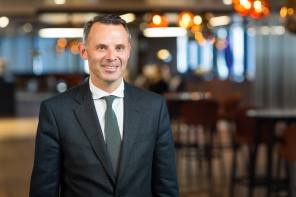

The latest figures from the Office for National Statistics showed for both sexes, the average age of divorce has been rising by about three months every year over the past decade. It has risen by about 10 years since records began in 1950.
As the UK holds a massive £11.1 trillion pounds in household wealth with private pensions representing the biggest single component of this wealth – at about 40 per cent of the £11.1 trillion total - Aviva warned agreeing a fair separation of pension wealth at a time of divorce is therefore vital.
The provider estimates that a typical couple could have about £120,000 in combined private pension assets if they were to divorce in their 50s, assuming they married when aged 30.
Alistair McQueen, head of savings and retirement at Aviva, said: “It is typical for our wealth to grow as we age. A rising average age of divorce will therefore typically bring with it a larger pool of wealth to separate.
"With the average age of divorce at an all-time high, it is fair to assume levels of wealth at a time of divorce may also be at an all-time high.
“Those in their 50s today will typically have married in the late 1990s, when aged about 30. Sadly, about one-in-three of those marriages have since ended in divorce.
"Many in their fifties may have combined private pension assets worth more than £120,000. Agreeing a fair separation of this pension wealth will be a key step in finalising a divorce, and will be critical to the future financial well-being of both parties.
“With the average age of divorce higher than ever, agreeing a fair separation of pension assets is more important than ever.”
Commenting on the ONS data, Tom McPhail, head of policy at Hargreaves Lansdown, said: “It is welcome news that overall divorce rates are declining but we’re also seeing fewer people getting married and they are having children at later ages.
"These data illustrate the more fluid nature of people’s finances in the 21st century. Later divorce means having larger pension pots to share and is also likely to lead to both parties having to adapt to working later in life to make up for shortfalls.”
Patrick Connolly, communications manager of Chase de Vere, said: "If people get divorced at a later age, pension planning is really important as there are likely to be larger pension assets to be divided and, following the divorce, less time for people to make up for any shortfalls.
"Independent financial advisers should play a key role, during and after the divorce, in giving clients the right pensions advice to help them achieve the standard of living they want in retirement."
David Gibson, director of Northern Island-based David Gibson Financial Planning, said it is critical that a couple separating receive advice independently which incorporates an analysis of future expenditure and how that is going to be met.
He said: "Once a lifetime cashflow model has been agreed it becomes a lot clearer how existing pension assets might be split.
"We get clients approaching us after the divorce settlement looking for advice on how to proceed with a pension sharing order.
"Unfortunately it often becomes clear early on that their share of the pension wasn’t enough. Had the person received financial advice during the divorce rather than after it the outcome might well have been more favourable."
To learn more about this subject, and earn 60 minutes of CPD, click here to read FTAdviser's Guide to Pensions and Divorce.
stephanie.hawthorne@ft.com



